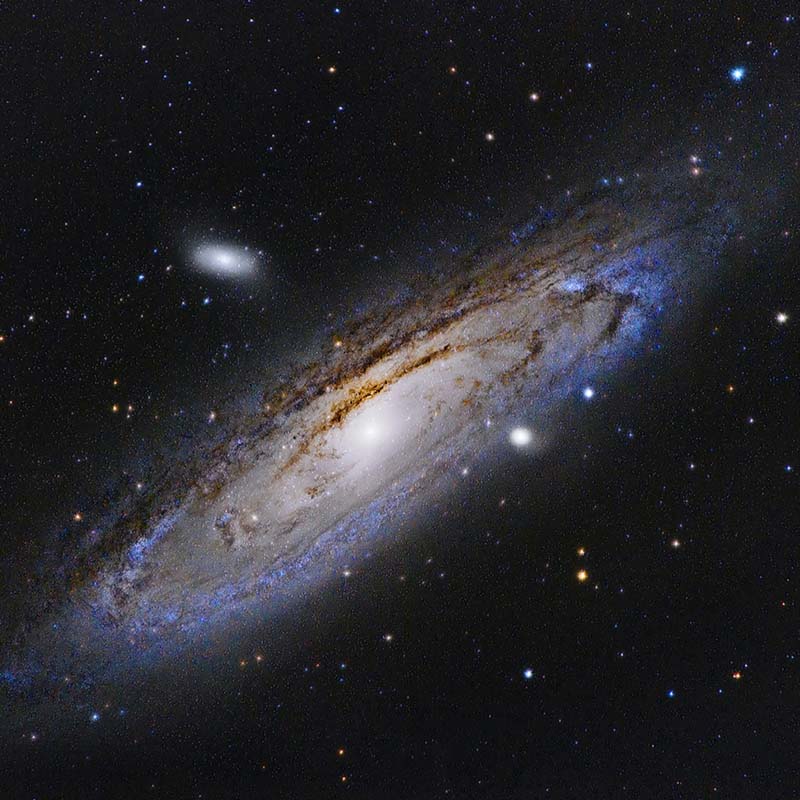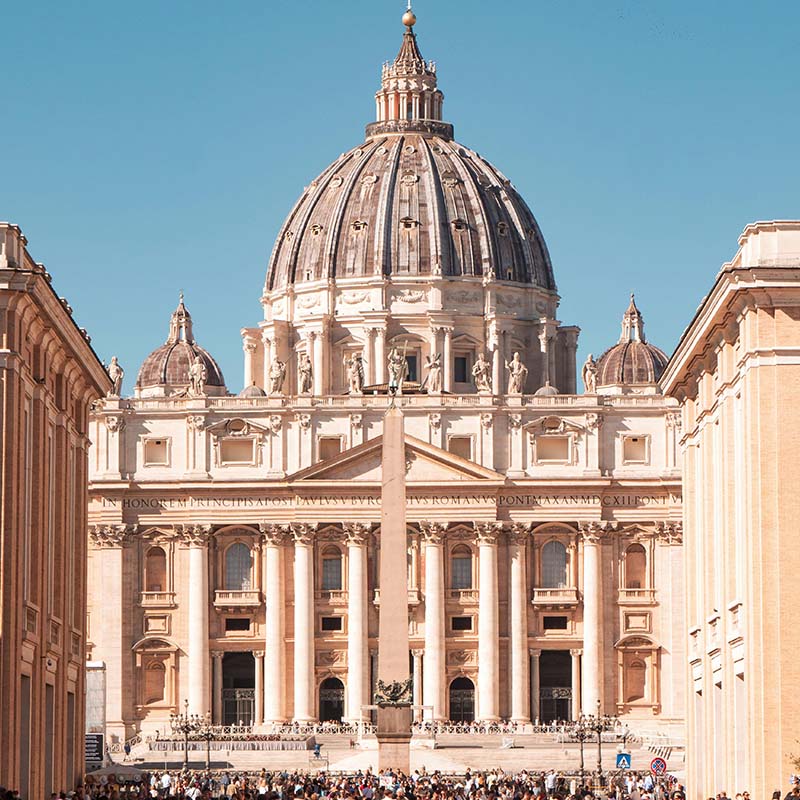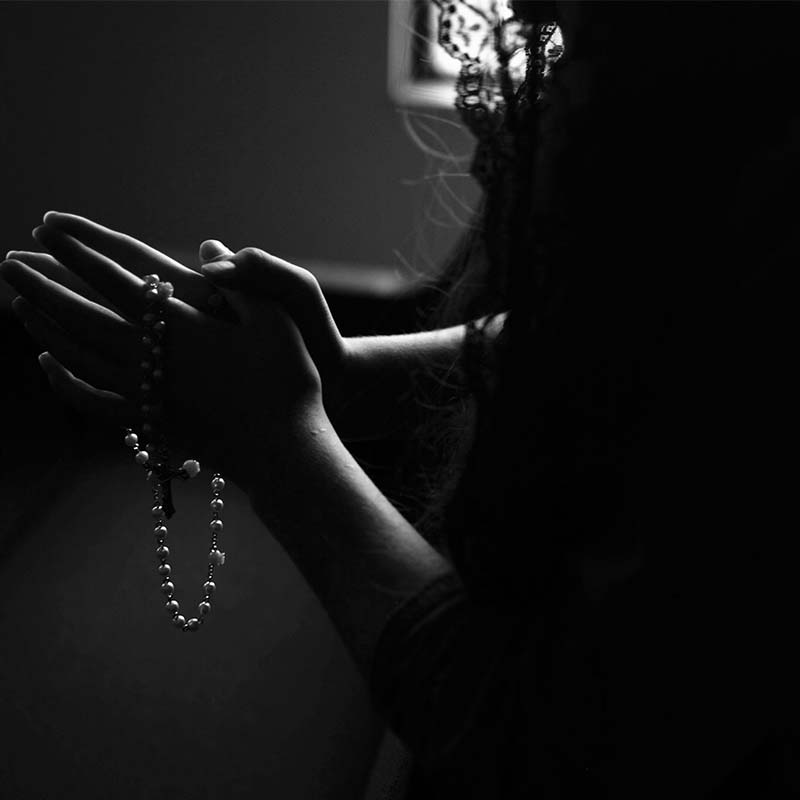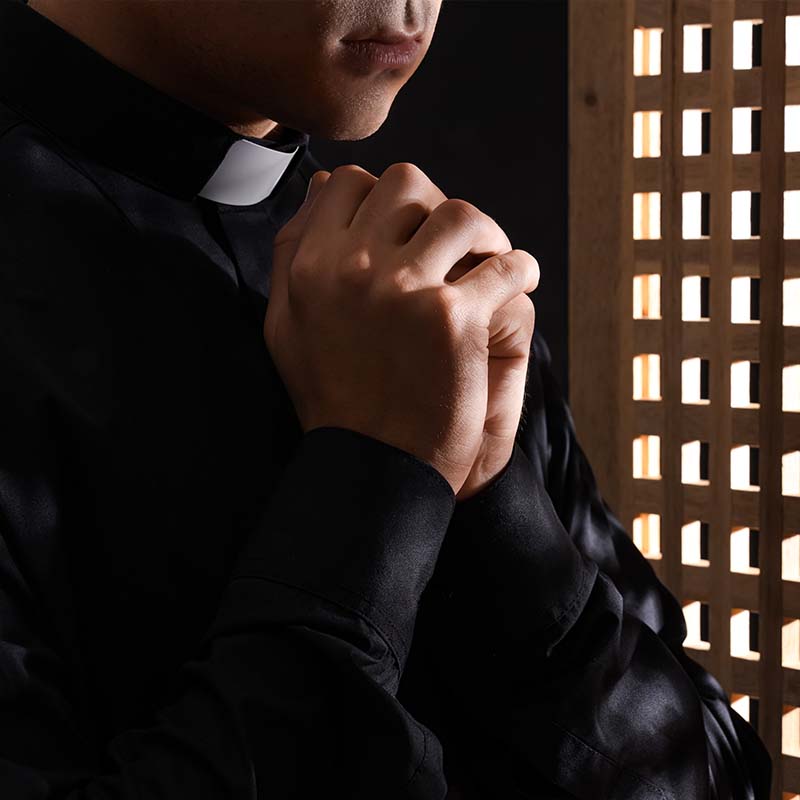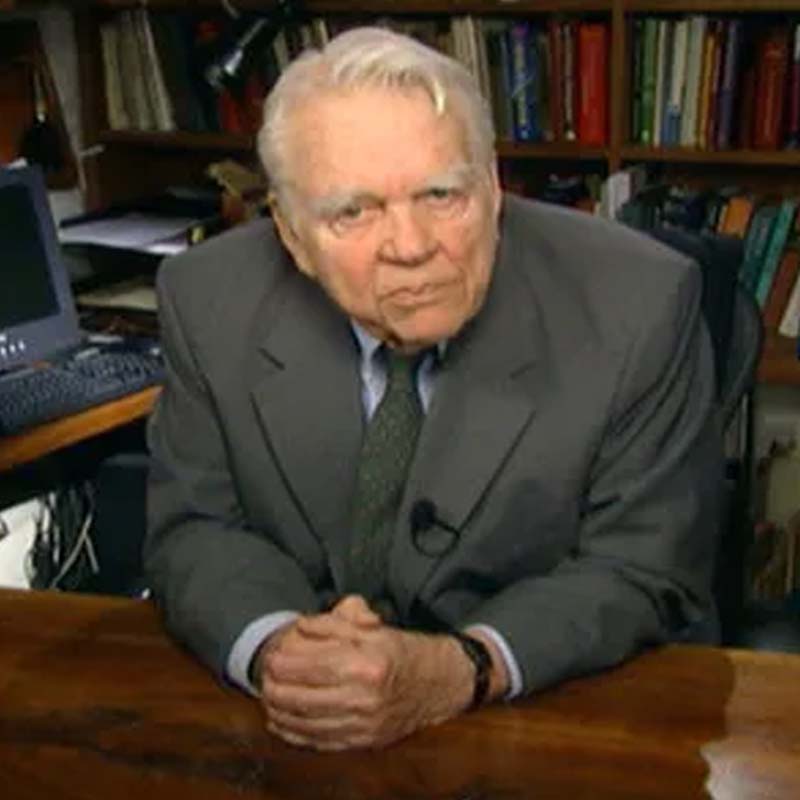
Nonetheless Jesus did say more, knowing that we are children with such limited understanding, and that few have the depth of faith of a Teresa.
We begin by addressing God as “Our Father”; not My Father. From the origin of humanity, God intended that we be a people – not a collection of individual persons (Genesis 2:18). God is the Father of the entire human race. “When we cry, Abba, Father, it is that very Spirit bearing witness with our spirit that we are children of God (Rom. 8:15).” He means us to know him intimately. What could be more intimate than calling him Father, or more accurately, Daddy, for that is what the Hebrew word Abba means. “And because you are children, God has sent the Spirit of his Son into our hearts, crying, ‘Abba, Father’ (Gal. 4:6).” And so we dare to cry out to him as a little child, Daddy!
But we quickly follow with the words, “Hallowed by your name”, as if to say we do not take this relationship for granted; we dare not treat you in a casual informal way. You are both Father and Holy, i.e., Wholly Other. “Lord, who will not fear and glorify your name? For you alone are holy (Rev. 15:4).” Mary models this relationship for us. For what could be more intimate than conceiving Jesus by the power of the Holy Spirit? Yet she responds: “For the Mighty One has done great things for me and holy is his name (Lk. 1:49).”
“Your Kingdom come.” Jesus said that his kingdom was not of this world (Jn. 18:36). So why are we asking for it to come into this world? Because we are continuing the mission of Jesus just as he commissioned his first disciples to do so: “As you go, proclaim the good news, ‘The kingdom of heaven has come near (or is at hand) (Mt. 10:7).” It was, in fact, his first act of public ministry after returning from fasting and prayer in the desert: “From that time Jesus began to proclaim ‘Repent, for the Kingdom of heaven has come near (or is at hand) (Mt. 4:17).” We are also asking that the Kingdom of God be more fully manifest in our own lives, implying a surrender of efforts to build our own kingdom. “For, in fact, the kingdom of God is among (or within) you (Lk. 17:21).”
The Climax
Now we reach perhaps the pivot point of the entire prayer. “Your will be done on earth as it is in heaven.” It is the antidote to the Original Sin (I want to decide what is good and what is evil; my will comes first). Jesus himself blazed this trail: “For I have come down from heaven, not to do my own will, but the will of him who sent me (Jn. 6:38).” And again, “I can do nothing on my own. As I hear, I judge; and my judgment is just, because I seek to do not my own will, but the will of him who sent me (Jn. 5:30).” He even makes it clear that it is not a grudging resignation, but a source of nourishment: “My food is to do the will of him who sent me and to complete his work (Jn. 4:34).” His mother Mary, the premier disciple, echoes his words: “Let it be done with me according to your word (Lk. 1:38a).”
Unlike the Lord Jesus, it seems as if surrendering to God’s will can drain us rather than feed us, and so we say “Give us today our daily bread.” Both physical and spiritual sustenance for “One does not live by bread alone but by every word that comes from the mouth of God. (Mt. 4:4).” In a very particular way, we are praying for more of Jesus himself. “I am the living bread that came down from heaven. Whoever eats of this bread will live forever; and the bread that I will give for the life of the world is my flesh (Jn. 6:51).”
(to be continued)

